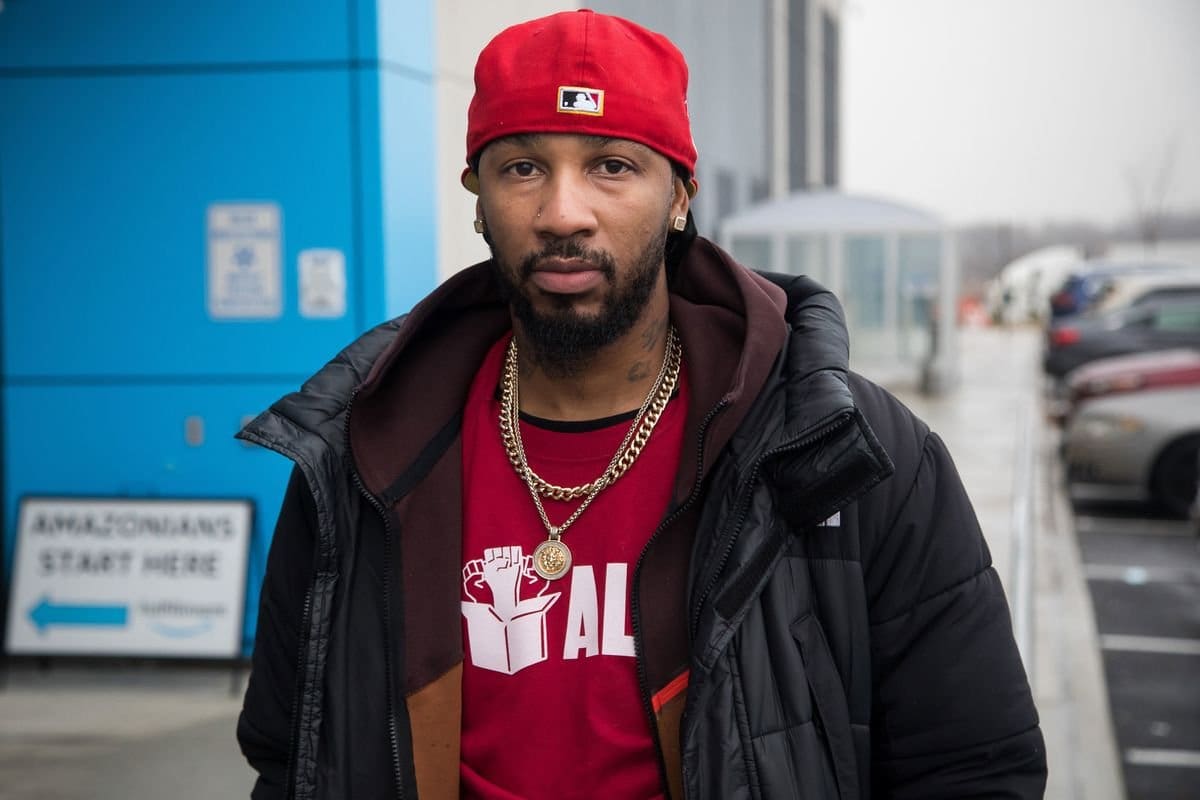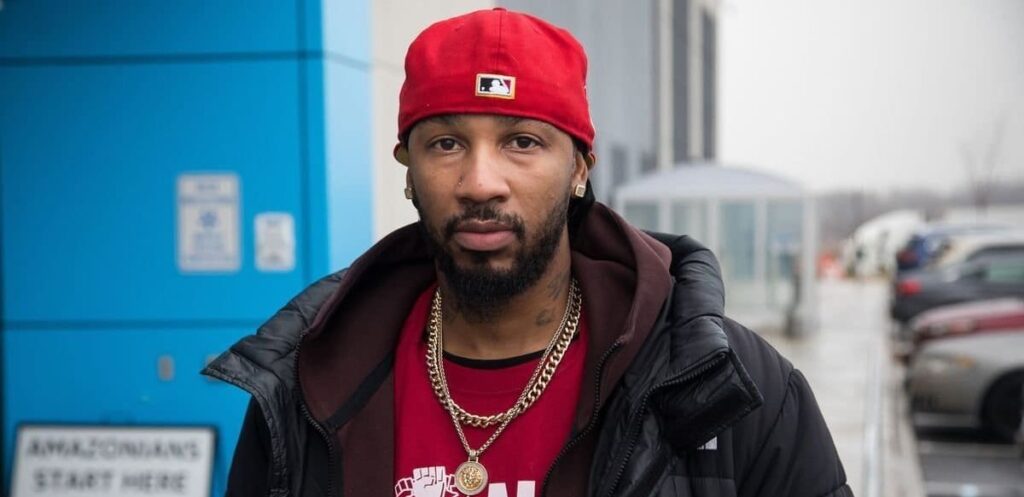
This is not a union victory story. The story of Chris Smalls is the story of racial politics. It is no different than what we see playing out in Congress at the Hearings with Judge Ketanji Brown Jackson. It’s a very familiar story for the BIPOC community, but it rarely makes the headlines because the outcome is usually different and the story is usually silenced.
Chris Smalls was seen by Amazon as a black man first and an employee second. Sound familiar? His blackness is what Amazon, and even the union giants, assumed they could use to dismiss his voice by referring to him as “not smart or articulate.” [NPR]
So what did Amazon miss? A lot! Obviously, Smalls has tremendous skills and intelligence. He was able to lead to an outcome that no one else was able to achieve. His voice was underestimated.
This is what happens when companies [and Congressional members] snub their noses at diversity. Amazon relied on their corporate influencer power, their monetary power to lawyer up, and the racist perception of the troublesome black man. Internal company memos released embarrassingly show the mindset of a White-led corporate America that refuses to diversify, and refuses to see the worth of employees of color.
Think about it. Smalls created a place – a bus stop, where the voices of the unheard, became one unified voice of the heard. This is a lesson for all of us on the equity policy front. The place that we gather does not matter, what matters is how we unify for equity.
This is not about unions. This is about racial politics. Chris Smalls is a reminder that when corporate America finally embraces diversity, the intellectual power that will come with that will allow us to work together to finally solve long standing community challenges and meet family needs that hamper progress in this nation.

